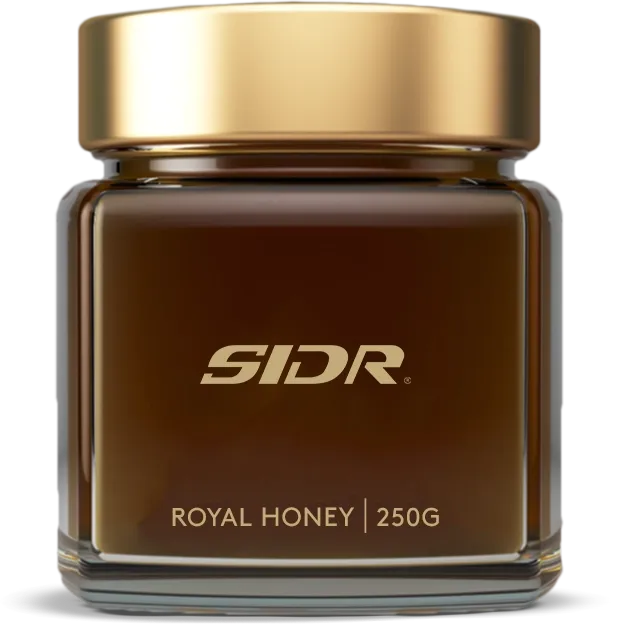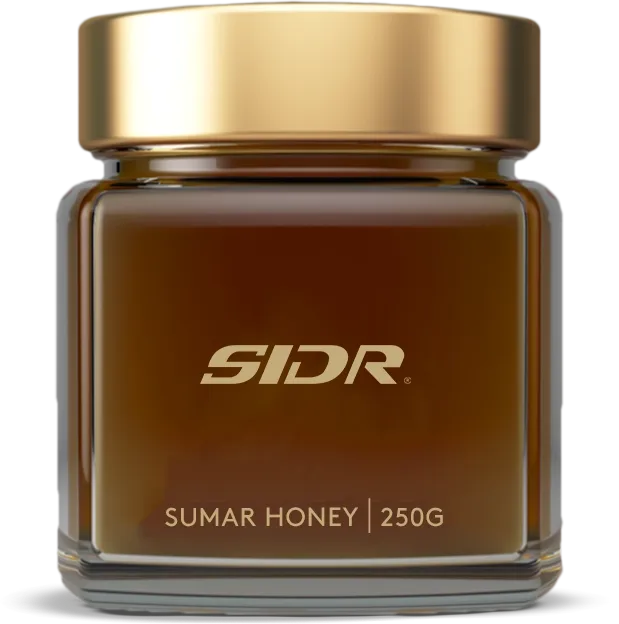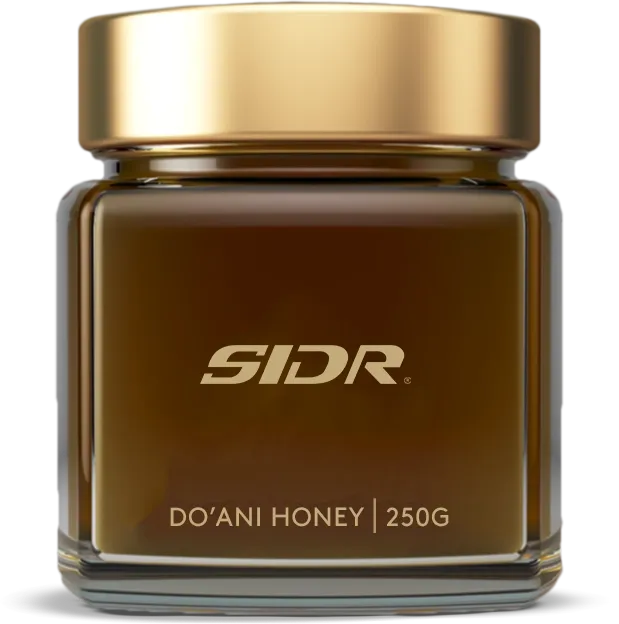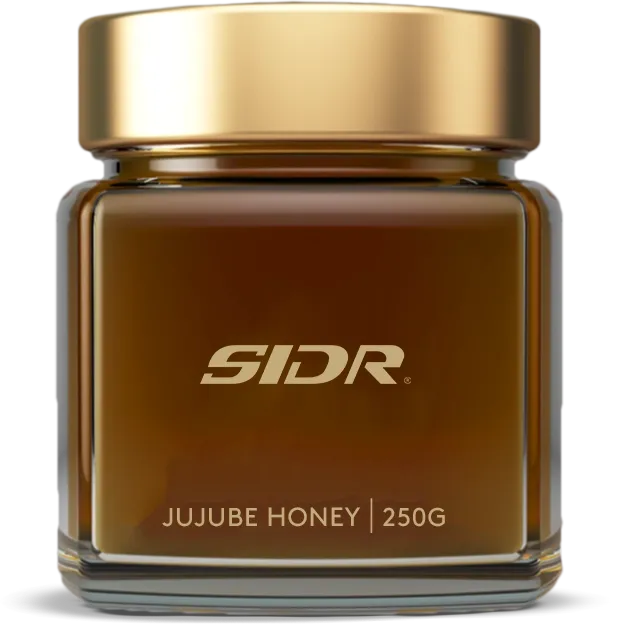SIDR Honey vs. Manuka Honey: A Sweet Comparison of Superfoods
In the realm of natural superfoods, two honeys stand out for their unique properties and impressive health benefits: SIDR honey and Manuka honey.
This article delves into the origins, composition, medicinal properties, and ethical considerations surrounding these two extraordinary varieties of honey.
The Origins of SIDR Honey and Manuka Honey
1. SIDR Honey Nature's Golden Nectar
SIDR honey, often referred to as "Liquid Gold," hails from the nectar of the SIDR Tree (Ziziphus spina-christi), a sacred Tree deeply rooted in the Middle East and South Asia.
The SIDR Tree's unique floral source imparts a distinct flavor and a wide range of health benefits to this honey. SIDR honey is treasured not only for its delightful taste but also for its numerous medicinal and nutritional attributes.
2. Manuka Honey: The Honey of New Zealand
On the other side of the globe, Manuka honey originates from the nectar of the Manuka bush (Leptospermum scoparium), primarily found in New Zealand.
Composition and Nutritional Value
1. SIDR Honey: A Nutrient-Rich Elixir
SIDR honey is renowned for its unique composition, which includes a rich blend of vitamins, minerals, and antioxidants. It is a natural source of essential nutrients like B vitamins, calcium, magnesium, and potassium.
Additionally, SIDR honey contains significant amounts of flavonoids, which contribute to its antioxidant properties, protecting the body from oxidative stress and chronic diseases.
In a study SIDR honey has been shown to prevent and disturb biofilm formation, has wound-healing characteristics, and acts as an immunomodulatory and gastroprotective agent.
2. Manuka Honey
Manuka honey, while impressive in its own right, is primarily acclaimed for its high levels of methylglyoxal (MGO). MGO is a potent antibacterial compound that gives Manuka honey its remarkable therapeutic qualities.
It's important to note that not all Manuka honey products have the same MGO content, so consumers should pay attention to the Unique Manuka Factor (UMF) rating for specific health benefits.
Ethical Considerations
1. Sustainable and Traditional SIDR Honey
The production of SIDR honey typically adheres to traditional and sustainable beekeeping practices. This ensures the preservation of the SIDR Tree, an essential part of many cultures in the Middle East and South Asia. Sustainable harvesting methods protect both the environment and the livelihoods of local beekeepers.
2. Environmental Concerns about Manuka Honey
In contrast, the growing global demand for Manuka honey has raised concerns about the potential environmental impact. The Manuka bush is sensitive to overharvesting, and the booming industry has led to the planting of monoculture Manuka farms, which can disrupt ecosystems.
It's essential to choose Manuka honey products that support sustainable and ethical beekeeping practices.
3. SIDR Honey as a Unique Superfood
While both SIDR honey and Manuka honey offer exceptional health benefits, SIDR honey stands out for its rich nutritional profile, wide-ranging medicinal properties, and adherence to sustainable traditions. Manuka honey's MGO content is undeniably impressive, but it shouldn't overshadow the holistic goodness of SIDR honey.
The choice between SIDR honey and Manuka honey ultimately depends on your specific health needs and ethical considerations. However, the golden elixir from the SIDR Tree is undoubtedly a superfood worth exploring for its unique and comprehensive array of benefits.
Remember that choosing the right honey for you should be based on your individual health goals and values. SIDR honey has its strengths, and incorporating them into your diet can provide a natural and delicious boost to your well-being.
Disclaimer
You should always consult with your physician or other health care professional before taking any nutritional, herbal remedies or adopting any health advice, whether offered on the Site or otherwise.














